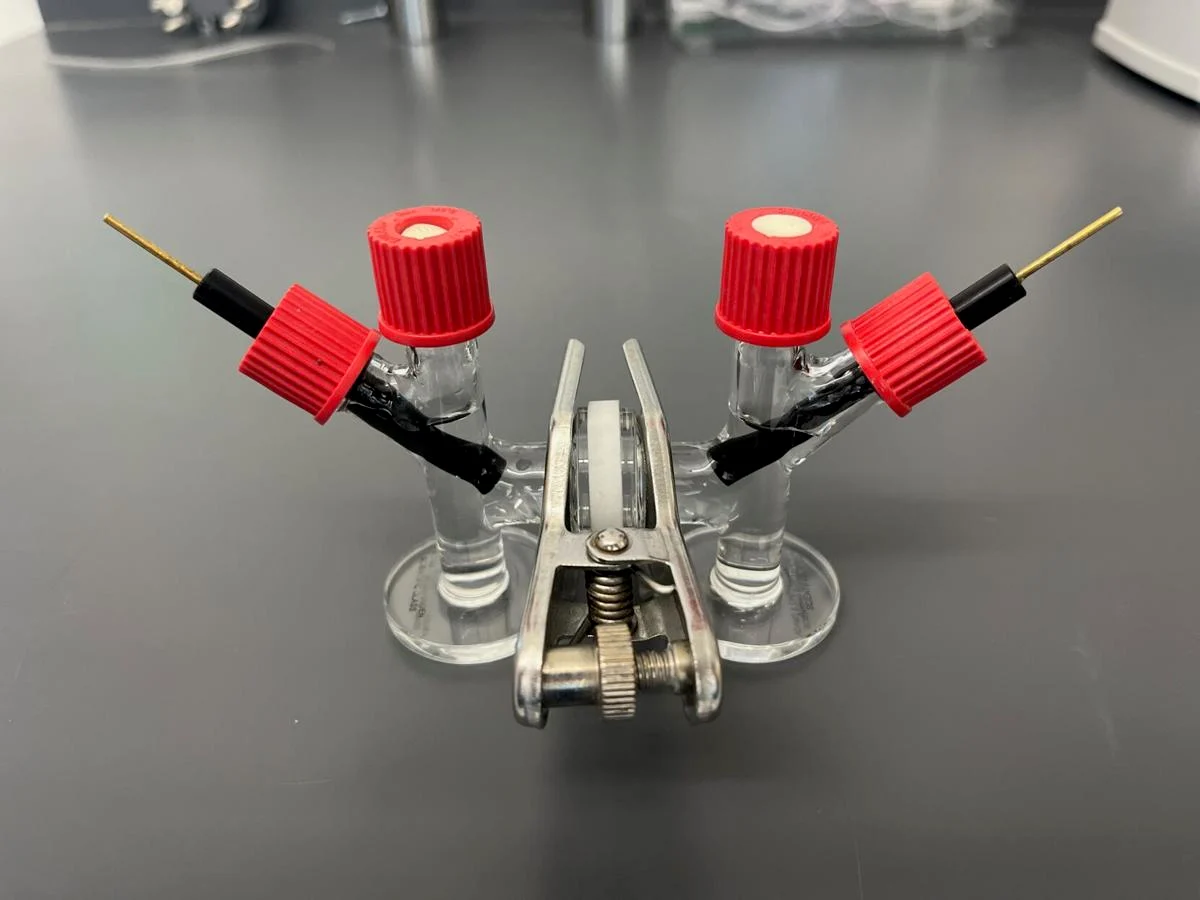By Terri Jo Neff |
With marijuana use now legal in some manner in the majority of states, attention is turning to how to reliably determine if a driver—or employee or care giver—is under the influence of THC, the chemical in cannabis responsible for having a psychological effect on the brain.
Phoenix-based ElectraTect is gaining worldwide attention for its effort to develop a THC breath analyzer tool comparable to the breathalyzer tests routinely used by law enforcement agencies and courts to determine whether someone is impaired due to alcohol consumption.
The need for a quick and reliable THC testing mechanism has come under growing attention in recent years in response to insurance and public health studies showing the increased likelihood that marijuana impairment is a factor in injury accidents, on the road, in the workplace, and in the home.
The problem, according to cannabis experts, is that traditional THC tests utilizing blood, urine, or saliva are expensive and can provide positive results days after marijuana use and long after any impairment. Yet scientists also know THC only stays on a person’s breath for a few hours after use, generally falling in line with the usual timeframe of peak impairment.
Which led Dr. Evan Darzi and Neil K. Gang, Ph.D., to found ElectraTect in 2020 with support from UCLA where Gang serves as Chair for the Department of Chemistry and Biochemisty. Several company employees are graduates of Arizona State University, where Darzi studies.
That same year, Gang and Darzi revealed a patented electrochemical oxidation process which measures the concentration of THC molecules in a breath sample. Then earlier this year, the company went public with the results of a study of its device published in the journal Organic Letters.
The study pointed to the “need for a fair forensic tool capable of detecting THC in the short window of impairment.”
ElectraTect is now testing a cannabinoid fuel cell designed to detect the amount of THC recently introduced into a person’s system. The technology could ultimately lead to the development of a cost-effective, portable marijuana breathalyzer.
Yet the company’s founders are motivated by more than the science. They recognize the critical need for more research into marijuana impairment in order to ensure there can be a fair and objective testing method of impairment to prevent subjective determinations which can lead to unwarranted criminal charges or civil liability.
“In states where marijuana has been decriminalized or legalized, traditional testing can still lead to fines, imprisonment, or loss of employment, even if you are not impaired at the time of testing,” Darzi recently noted.
The marijuana breathalyzer technology could also be utilized for a marijuana ignition interlock system, much like judges across America require for convicted drunk drivers who want their driving privileges restored. It is one reason Intoxalock, a leader in the alcohol ignition interlock industry, has become a strategic partner and investor in the startup.








